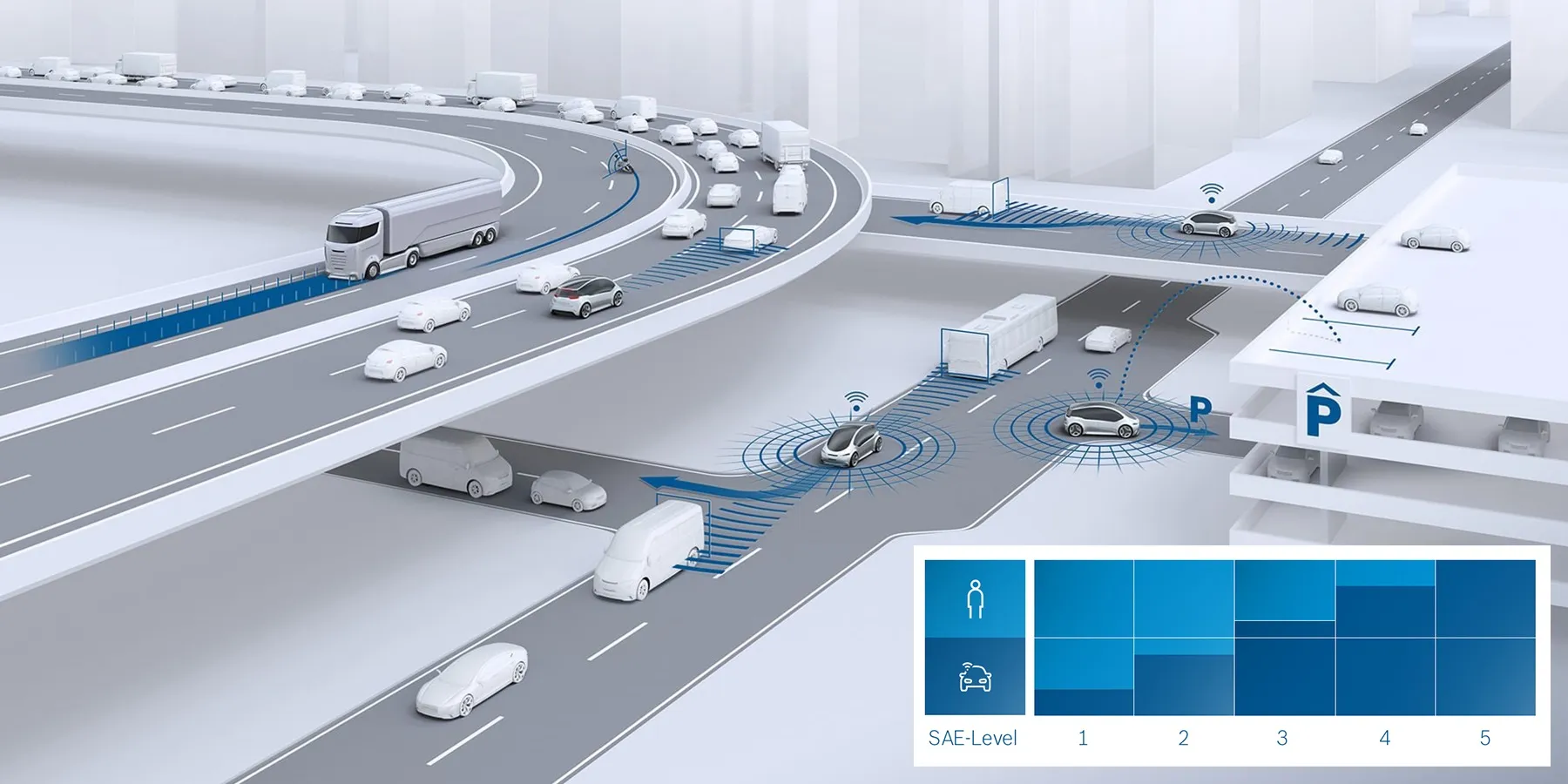
Adaptive Recognition has been awarded a contract to provide technology allowing Scandlines to identify vehicles at two of its ports: Puttgarden in Germany and Rødby in Denmark.
Over the next year, Adaptive will deliver automatic number plate recognition and vehicle identification technology at the entry and exit gates, streamlining passenger and freight check-in flows.
"This project marks Scandlines' foray into digitising ferry ports and turns the Puttgarden-Rødby connection into a real-time, end-to-end ferry operation with technology from Adaptive Recognition, making the two ports some of the smartest in Europe," says Carsten Nørland, CEO of Scandlines.
The work will be handled from Adaptive Recognition Nordic, based in Copenhagen, Denmark. Managing partner Alan Tofte says the company has gained years of experience "working in the maritime sector with individual shipping companies, ports, marine and maritime business service industries".










